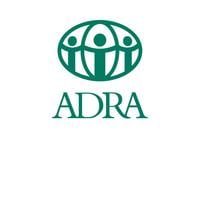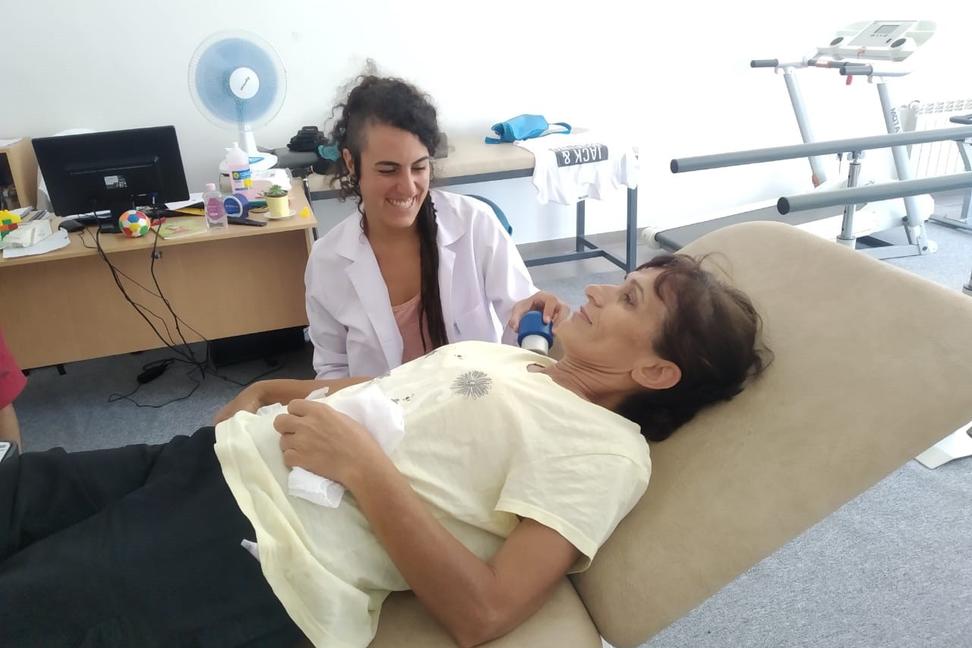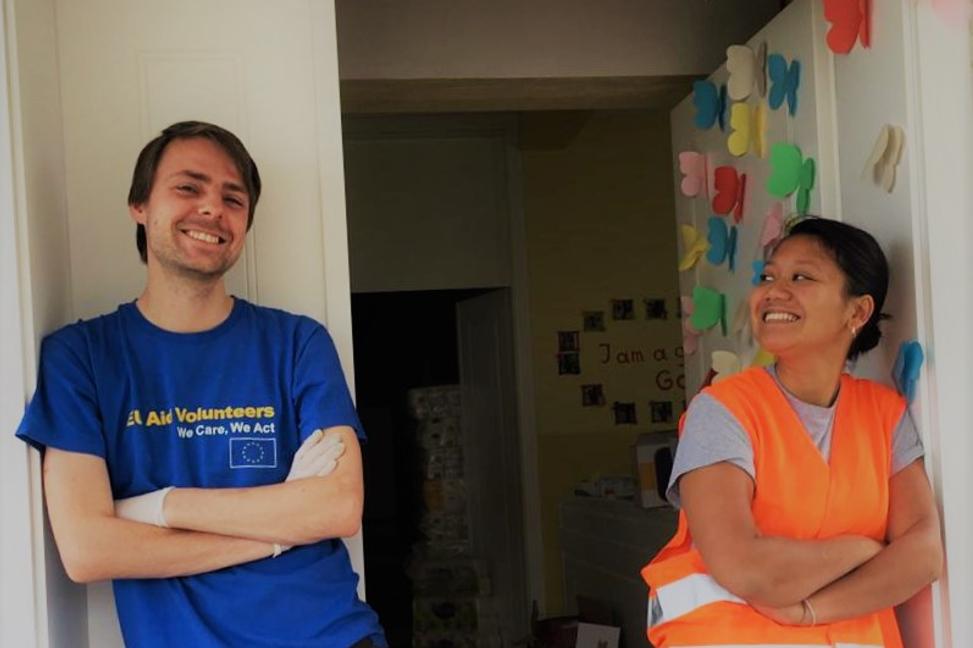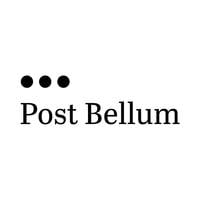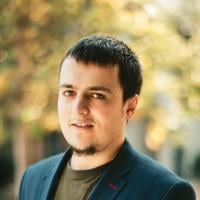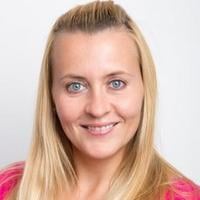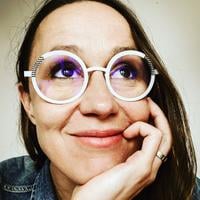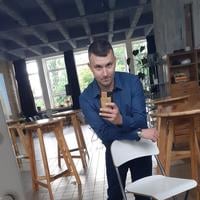Her task was to provide physiotherapy for people, who do not have access to the treatment due to lack of economical resources or due to social exclusion. How did she look back on her experience and why will you hear about Arancha once again? Find the answers in the interview with her.
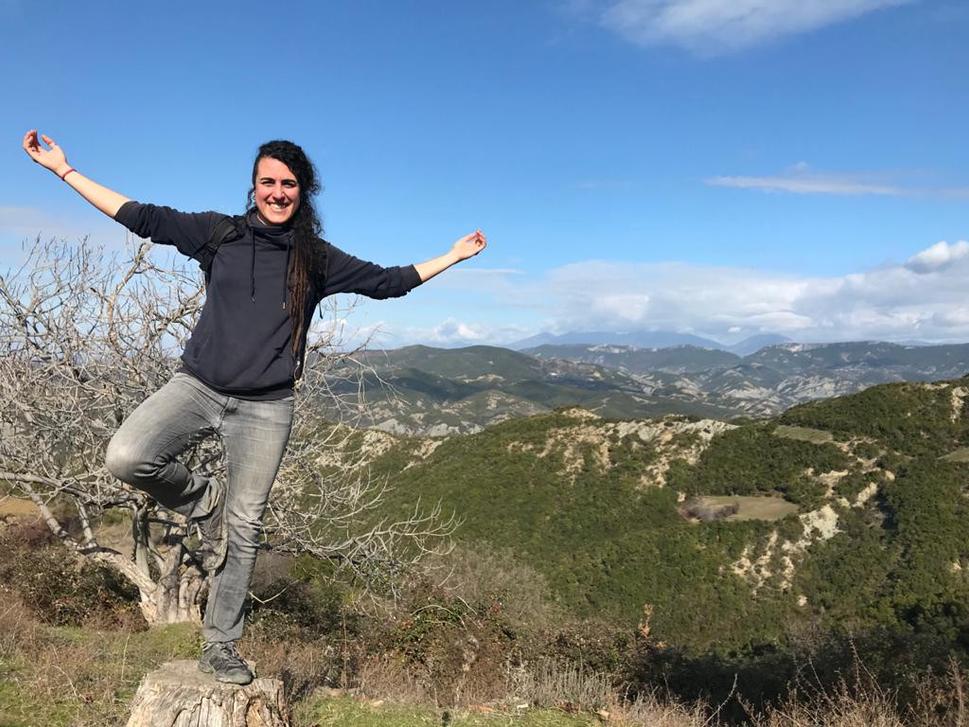
What were your initial expectations in terms of professional development? And how did you expect that volunteering would benefit you on a personal level?
My main expectation was being part of a team, teaching and learning from the others and sharing experiences. I wanted to treat others by myself and be involved in the project process.
Regarding my personal experience, I wanted to get to know the culture and language of the country I was about to live in. At the same time I wanted to travel alone and to learn how to deal with emotional separation from people.
Were your expectations met?
My expectations were somewhat met, even if it wasn’t exactly as I expected, I learned a lot. However, I now feel that I am able to work with the patients independently. I am more confident in what I do.
How is life in Albania for an expat? After a year do you still feel like a foreigner or a local?
It depends on where you are from. It can be a big cultural shock if you come from northern Europe, USA or a big city from a “developed country”. In my case, even if there were some differences regarding gender equality issues, unwritten social rules or working conditions and style; it was easy for me to adapt to the environment.
I have to say that there is a big difference between living in Tirana and living in the countryside. The atmosphere in the capital is much more open-minded and the community of foreigners is more active and involved. Small towns might be more reserve about gender equality issues and they are more conservative. Anyway, I always felt safe and had the feeling that the local community always looked after foreigners.
I cannot say I feel local but I don’t even feel as an expat. I made mine a lot of aspects of this culture, I understand why things happen in this or that way. I have made a lot of friends here and I have the feeling I can come whenever I want after my deployment because it has become a home for me.
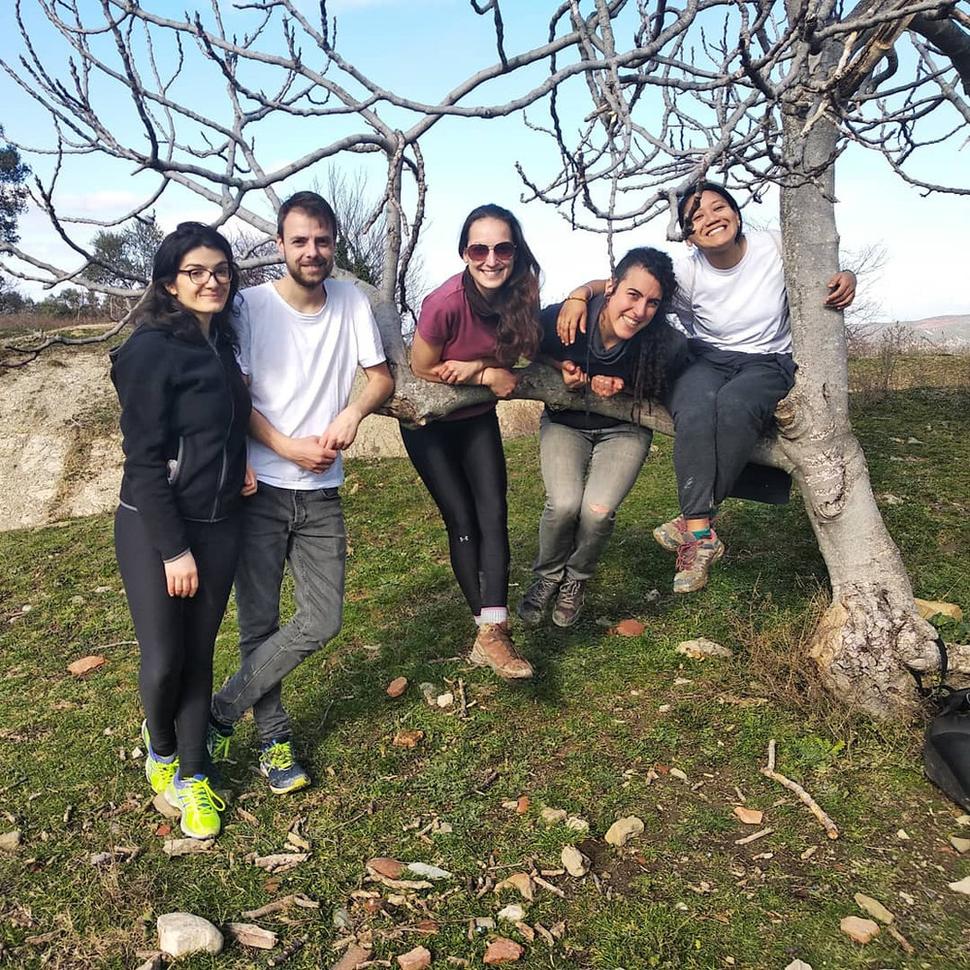
What’s your most memorable experience in Albania?
It is hard to choose one because all of them are full of emotions since I met wonderful people and I discovered super beautiful places.
I will definitely never forget my birthday in Tirana. I was with other volunteers I just met the day before and, suddenly, everything started to shake. It took us a moment to understand that we were witnessing an earthquake, the first one for all of us. Fortunately, neither the people suffered any injuries, nor were any of the houses damaged, and we continued with the celebration. After that, when we could start working again in the centers, my patients sang “Cumpleaños feliz”, which means happy birthday. I was very surprised and glad to see them again.
Your deployment was unique in terms of experiencing also other, devastating, earthquakes and a global pandemic all within one year. How did that impact you?
None of us would expect all those events happening in such a short time. I am grateful that everyone I know wasn't much affected by that. At the same time I feel sorry for those, whose lives were impacted greately either by the earthquake (destroyed houses, loss of loved ones) or by the epidemy (a lot of them lost their jobs, others couldn't travel abroad for work etc.).
Also, it had an impact on our work since the centres had to close three times (for both, earthquakes and COVID-19) so our patients were not able to benefit from the treatment for a long period of time.
On the personal level, I struggled during the lockdown but now everything is ok.
How is life in Albania, now that the pandemic restrictions have been lifted?
During the pandemic, it was a little confusing due to the constant changes in the measures but I think they acted, in general, appropriately. However, people didn’t really care about the restrictions and they didn’t take much personal responsibility in fighting it. I think it was partially due to the low risk they felt since there were not so many cases. Additionally, there are no alternatives for people who couldn’t stop working, stay at home or maintain the basic hygiene recommendations.
Now, the cases are rising at high rate but for the most of the people it seems like COVID-19 disappeared from Albania. Tourists have started to come (every neighboring country closed their borders with Albania but Albania is letting almost everybody enter), beaches and bars have been opened and it is hard to close them again, even if the situation became much worse than before.
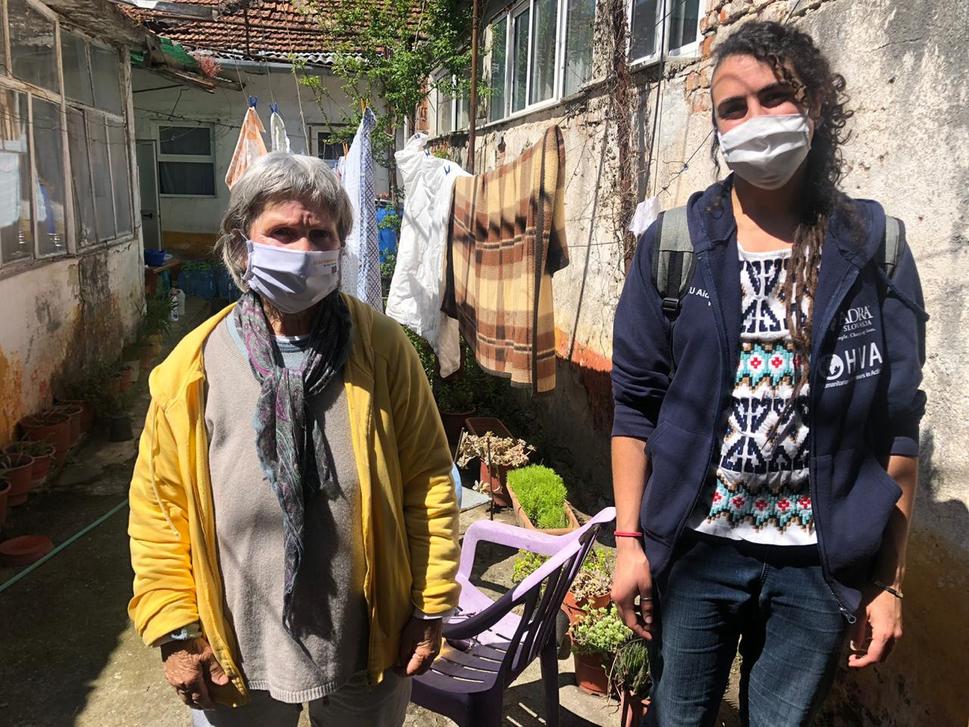
Now, you are back home after a year. How did the Spain you left behind change under the covid-19 pandemic? Was your journey home smooth?
I have to say that I was a little afraid of coming back to Europe due to the high number of cases, the restrictions, increasing police control and hate speech against immigrants, the far right gaining momentum…
But, in general, everything is ok. I am with my family now after a long time of not seeing them.
However, my mind is always between two places (or more), talking with people that are far away, wanting to be in different places at the same time and not really having the opportunity to explain those feelings to my loved ones.
The journey home was easy, no big changes at the airports.
Let’s get back to your volunteering in Albania. Who were the beneficiaries of your activities?
They were people that for the one or the other reason didn’t have access to physiotherapeutic treatment in the public or private health care system.
During this year I had 30 patients, aged between 3 to 80, with different functional diversity, activity limitation and participation restriction. Most of them had chronic diseases and neurological situations that, added to the poor support from the Albanian government and the social barriers, limited them to have a “normal life”.
Besides that, I participated in the session, where we trained 30 unemployed women in home caring.
How did your workday with patients look like?
I was going to different centres, one in the city and another one in a village. The patients had appointments at the different times and I often worked with them for 40 min - 1 hour depending on the nature of the treatment.
What motivated you the most at your work? On the contrary, what did you find the most challenging and how did you overcome the obstacles?
What motivated me the most was seeing the progress in my patients, seeing them doing things they didn’t know they were able to do. I really built a relationship with them from the beginning, I enjoyed talking, laughing and even crying with them. Once the language and cultural barriers were broken, I felt like home and I hope to see them soon.
The most challenging was to understand how the health system works here, e.g. not finding the proper diagnosis of my patients, the lack of material. Since my profession requires me to talk and listen continually to my patients, the language barrier was very challenging when I first met the beneficiaries.
Sometimes,the communication with the staff of the centres was not the best. I had to ask for everything several times to have an overview of the situation of the patients or the work of the centre.
Were you able to observe the impact of your work?
Yes, I saw how my patients improved in their activities and also how the centres changed the way they provide treatment to them.
Some of my patients have several limitations for daily life. I could observe how they improved by doing the exercises and they commented to me changes like having more independence at home, possibility of walking longer distances in the street without help or having more self-confidence to carry out other activities.
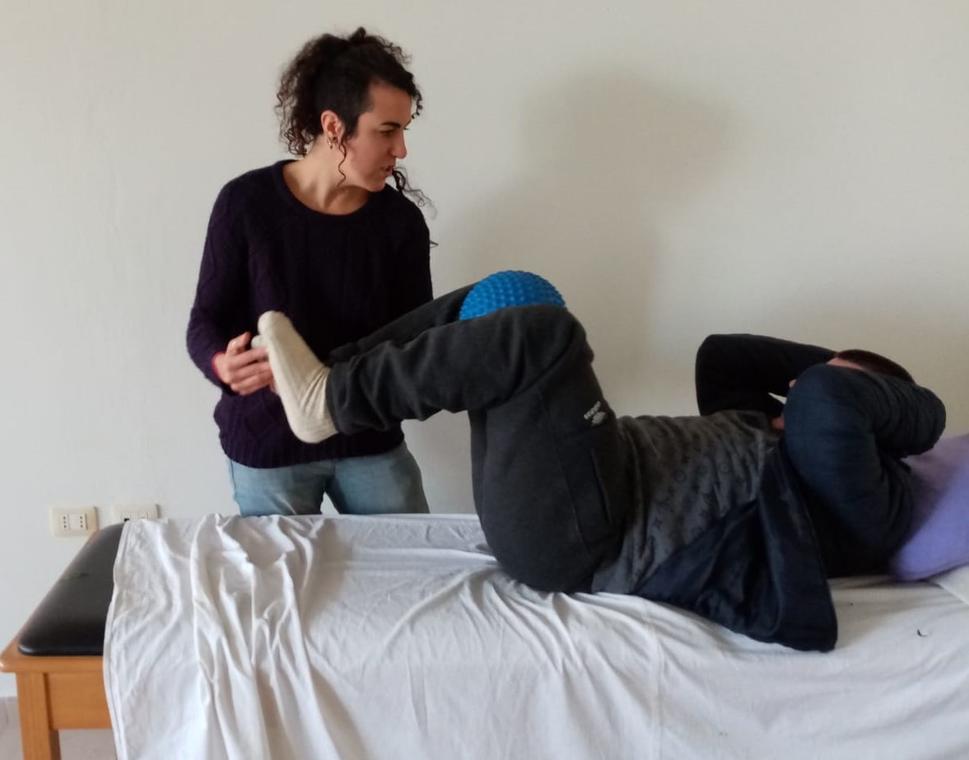
Would you recommend volunteering through the EUAV initiative to your friends?
I already recommended the program to a lot of people, I think it is a good initiative to start working in the humanitarian sector.
This programme provides practical support to the local organization, it increases their capacity and helps to reach the beneficiariesmore easily. Also, it is a great opportunity for volunteers to gain experience and start working within the humanitarian aid. Besides, those volunteers receive a very complete training before the project and they have support during the deployment for the ongoing learning and personal and professional development.
The only thing I missed was the language lessons, which I would add to every deployment. I think it is indispensable in becoming part of the local community and for working in a better way with the local team.
You got the chance to continue at NCCS and further develop your work. What’s the reason for your decision to sign up for another volunteering year?
Since the beginning of the deployment I fell in love with the country. I like to stay for a long time in the places I visit to really understand how everything works there. Now that I can speak the language, I think I can contribute in a better way with my work.
Do you have any plans on your work assignment?
I will continue with the patients I had. Besides that I will connect with new ones. I already talked with another centre to collaborate with when I will be back.
What will you do differently in comparison with your beginnings one year ago?
I will start working earlier with patients. I know the places and the language better, so I can be more independent.
Thank you, Arancha, for sharing your memories with us. We wish you all the best, that your second year in Albania brings you at least the same satisfaction and happy patients!
Arancha was an EUAV volunteer in Albania for a year, hosted by NCCS. Her deployment was a part of the project HVA – Humanitarian Volunteers in Action.The project was funded by European Commission under EU Aid Volunteer Programme, managed by The Education, Audiovisual and Culture Executive Agency (EACEA) in cooperation with The European Commission’s Directorate-General Humanitarian Aid and Civil Protection (DG ECHO). Adra Slovakia was her sending organisation. Follow our Facebook to see how Arancha will do in her next deployment.

